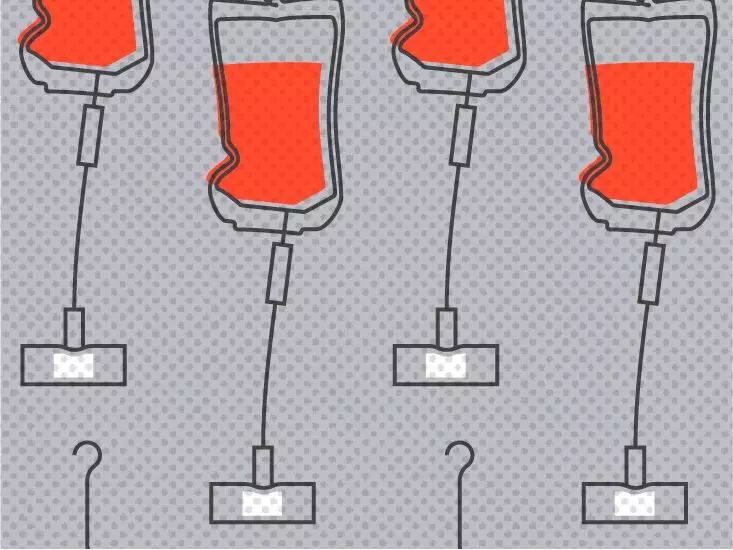Navigating the complex landscape of medication use during pregnancy is imperative for individuals who may conceive. Rytelo is a medication that, despite its intended benefits, raises concerns regarding its safety in pregnant populations. Current animal studies indicate that Rytelo may pose risks to a developing fetus, but it’s crucial to understand that results from these studies do not always correlate with human responses. Therefore, if you are planning a pregnancy or are in a position to conceive, proactive discussion with your healthcare provider is essential before starting Rytelo.
The implications of Rytelo extend beyond pregnancy and into the domain of fertility. Research has shown a temporary decrease in female fertility associated with the medication in animal models. However, it is important to reiterate that findings from animal studies should be approached with caution when making conclusions about human fertility. If you have concerns regarding fertility and the potential influence of Rytelo, consulting with your doctor will provide you with personalized guidance. They can help determine whether Rytelo is an appropriate treatment choice based on your specific circumstances.
For individuals who are sexually active and might become pregnant, it is prudent to evaluate birth control options while taking Rytelo. Medical professionals generally advise patients who can conceive to implement effective birth control measures during treatment with Rytelo and for a period of at least one week post-treatment. If you are female, having an open dialogue with your healthcare provider about suitable contraception methods is vital. For males undergoing Rytelo treatment, the manufacturer has not explicitly established guidelines regarding birth control, emphasizing the importance of personalized medical advice.
In situations where breastfeeding is a consideration, the implications of using Rytelo must also be reviewed. As with other medications, it remains unclear whether Rytelo is excreted in breast milk and its potential effects on nursing infants. To uphold the safety of your child, healthcare professionals typically recommend refraining from breastfeeding during the course of Rytelo treatment and for at least one week afterward. If you are breastfeeding or contemplating breastfeeding in the near future, consulting your healthcare provider before initiating Rytelo is crucial for informed decision-making.
The use of Rytelo necessitates careful consideration, especially for individuals who may become pregnant or are breastfeeding. The lack of definitive answers regarding its safety in these contexts underscores the importance of communication with healthcare professionals. By discussing your unique situation with your doctor, you can make informed decisions about your treatment plan that prioritize both your health and that of potential future children. Take a proactive approach to your health—knowledge and consultation are your best allies when it comes to navigating medical treatments and reproductive choices.

